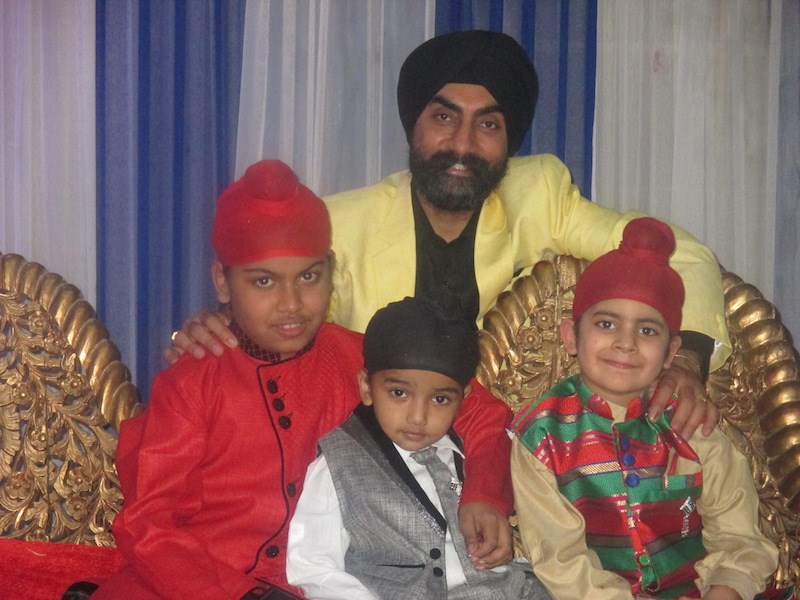A Thompson resident says his sister’s family in India has been waiting nearly a decade for a decision on her application to immigrate to Canada because the government claims her son would be too much of a burden on medical and social services.
Inderjeet Singh, who is a Canadian citizen, says he sponsored his sister Jasvinder to immigrate to Canada with her children in December 2011 and – after it was initially rejected in 2013 before that decision was overturned on appeal – hasn’t heard anything about the application since 2017.
“We are still waiting for the decision,” Singh said. “I don’t know what’s taking so long.”
More than a year after the application was first submitted, Immigration, Refugees and Citizenship Canada (IRCC) sent a letter to Jasvinder informing her that she might be inadmissible because her son Gunraj had a diagnosis of mental retardation. She sent a reply but the IRCC did not receive it and rejected the application in November 2013. An application for leave and for judicial review in the federal court of Canada resulted in the application being reopened in 2015.
Singh’s sister also told IRCC that seven medical reports on Gunraj contradicted the diagnosis of autism spectrum disorder with a significant developmental delay in speech that was given in a second letter to the Singhs from IRCC in May 2015. She also said her son had never required intensive support at school, at home or in the community. Though Gunraj was nine when the immigration application was first filed, he is now 17 and has not seen most of his extended family, dozens of whom live in Canada, for years, except for his grandmother Pritam Kaur, who has travelled back to India several times to visit her daughter’s family.
In 2018, the federal government implemented a temporary policy regarding excessive demand on social and health services which said that an immigration officer could grant exemptions to applicants who were otherwise inadmissible if they had a permanent residence application pending as of April 16, 2018 and the cost of the services they would require over five consecutive years would be less than three times the average cost of providing one Canadian with health and social services. The policy also specified that the costs of special education services and social and vocational rehabilitation services like speech therapy, behaviour therapy and occupational therapy should not be included when calculating the applicants’ requirements.
A lawyer hired by Singh sent a request to the IRCC to finalize the application within 30 days on March 1, 2018 but the request has not received a response.
According to the IRCC website, as of Feb. 11, the average processing time for a family sponsorship application for someone other than a spouse, parent or grandparent from India was 16 months, based on the time it took to complete most similar applications over the previous 12 months.
Singh says since medical needs like those of his nephew are no longer grounds for inadmissibility, he doesn’t understand what the delay is.
“You can’t deny these cases anymore,” he said. “I don’t think there should be a big wait.”
Churchill-Keewatinook Aski NDP Mp Niki Ashton said she raised Singh’s sister’s case with the immigration minister a few years ago and is prepared to raise it again with the current minister.
“It is a heartbreaking case,” she says. “It really speaks to the lack of compassion that our immigration system often shows in treating disability. We’re not talking about someone who’s going to come here and make other people sick. It really is a matter of not just compassion but human rights.”




